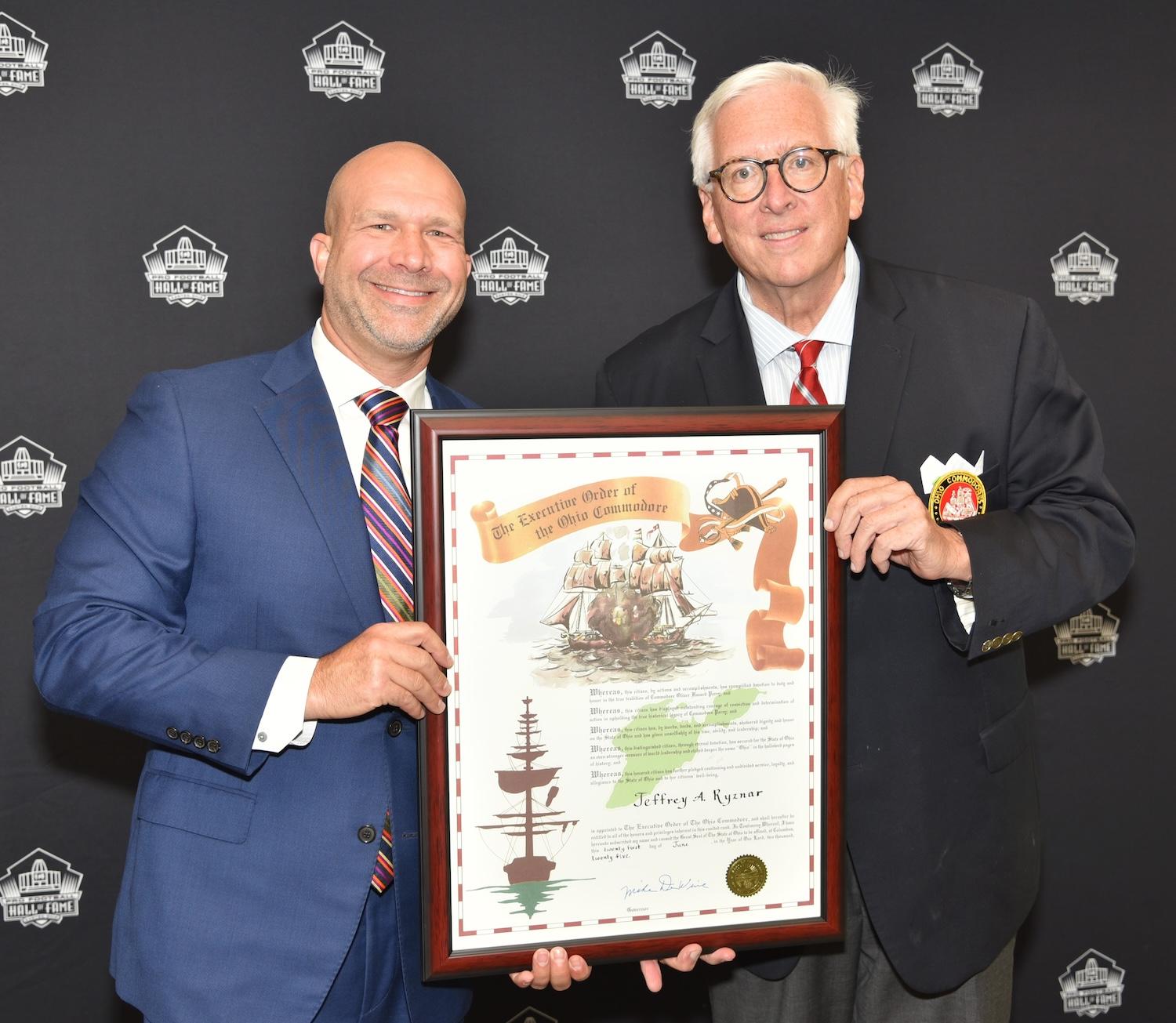
6 Principles of Making a Great Website
- Michael Merdich
- June 25, 2024
- Blog
- Michael Merdich, web development, website, website design
- 0 Comments
Sitting down to create a website from scratch can seem like a daunting task. Even an experienced web developer may need a refresher when it comes to building and designing a new website.
At 898 Marketing, we create sites that encourage users to engage, which may include actions like subscribing to a newsletter, filling out a form, or scheduling a product demo. Our agency is here to help you achieve your marketing goals and inform our website users on best practices to achieve the most success. This blog provides our top six web development principles for developing an effective, high-quality website.
Create A Gameplan
This seems like a no-brainer, but it is the most important part of making a great website. Before you start establishing any site environments or writing content, outline a clear plan. A well-organized strategy is crucial for meeting client expectations and envisioning the site’s design flow. Understanding the flow of a website will allow you to design a site that will turn leads into customers.
Download our free, printable PDF with the most important questions to answer before beginning your website development project: Website Questions
Avoid Busy Websites
There is such a thing as an over-designed website. Putting too many different elements on a page can distract from the main message and purpose of your website. That’s why it’s best to keep your design simple so users can easily navigate and find what they are looking for. Be cautious that you don’t remove too much information so that your website can still provide value to its viewers. Simplicity also helps with website performance in terms of load speed which helps with SEO.
Easy Website Navigation
Easy navigation is one of the most important components of a great website. User-intuitive navigation is the key to retaining visitors. Many times you can visit a website that is confusing, and you are not sure where to start. Most of the time, you probably end up just leaving the site. When creating a site’s navigation, focus on keeping users from thinking too much. Keep things simple and self-explanatory.
Ensure Your Site is Mobile-Friendly
With the majority of users accessing websites from mobile devices, prioritize mobile responsiveness. Mobile-friendly refers to the way your website is displayed on a mobile screen. Test and optimize the site for various screen sizes and ensure content displays properly. Mobile optimizations have been around since 2016, but with the rise of Search Generative Experience (SGE), it’s likely your site may get lost without consideration for a mobile-friendly website.
Good Readability
Readability is very important to a website. When a site’s readability is high, it allows for users to effortlessly look through or skim content in order to find what they are looking for. Readability issues could include hard-to-read fonts, improper spacing, text color against backgrounds, and more. Incorporate visuals to break up text and engage users.
Optimization for Website Page Speed
There are many ways that a website can be optimized, and one that’s universal for all is site speed. In fact, research conducted by Akamai shows that 47% of users expect a web page to load in 2 seconds or less. Make sure to do the small things such as minifying your HTML, CSS and Javascript files, making proper URL redirects, and compressing images. Large image sizes especially play a role in negatively affecting page speed. Images should be no more than 1MB at most on your website. The small details such as file sizes can play a large role in the overall performance of your site.
Website development is always changing and evolving. These are just some of the core principles that can be applied to any website. There are always ways to improve your website and give your users a better overall experience.
Ultimately, this will help you earn more from your online presence. If you are looking to hire a digital agency to update your current website or build you a new site, 898 Marketing in Canfield is well-equipped to exceed all of your expectations on your site! Connect with us today for more information and to talk to one of our experienced web developers.
ABOUT THE AUTHOR

Michael Merdich is a full-time Web Designer at 898 Marketing. As a Web Designer, Michael’s responsibilities include designing and creating websites, creating sitemaps, new website mockups, and digital integration. Michael is a Boardman, Ohio native, and graduate of Youngstown State University with a Bachelor of Applied Science, majoring in Information Technology.







Recent Comments